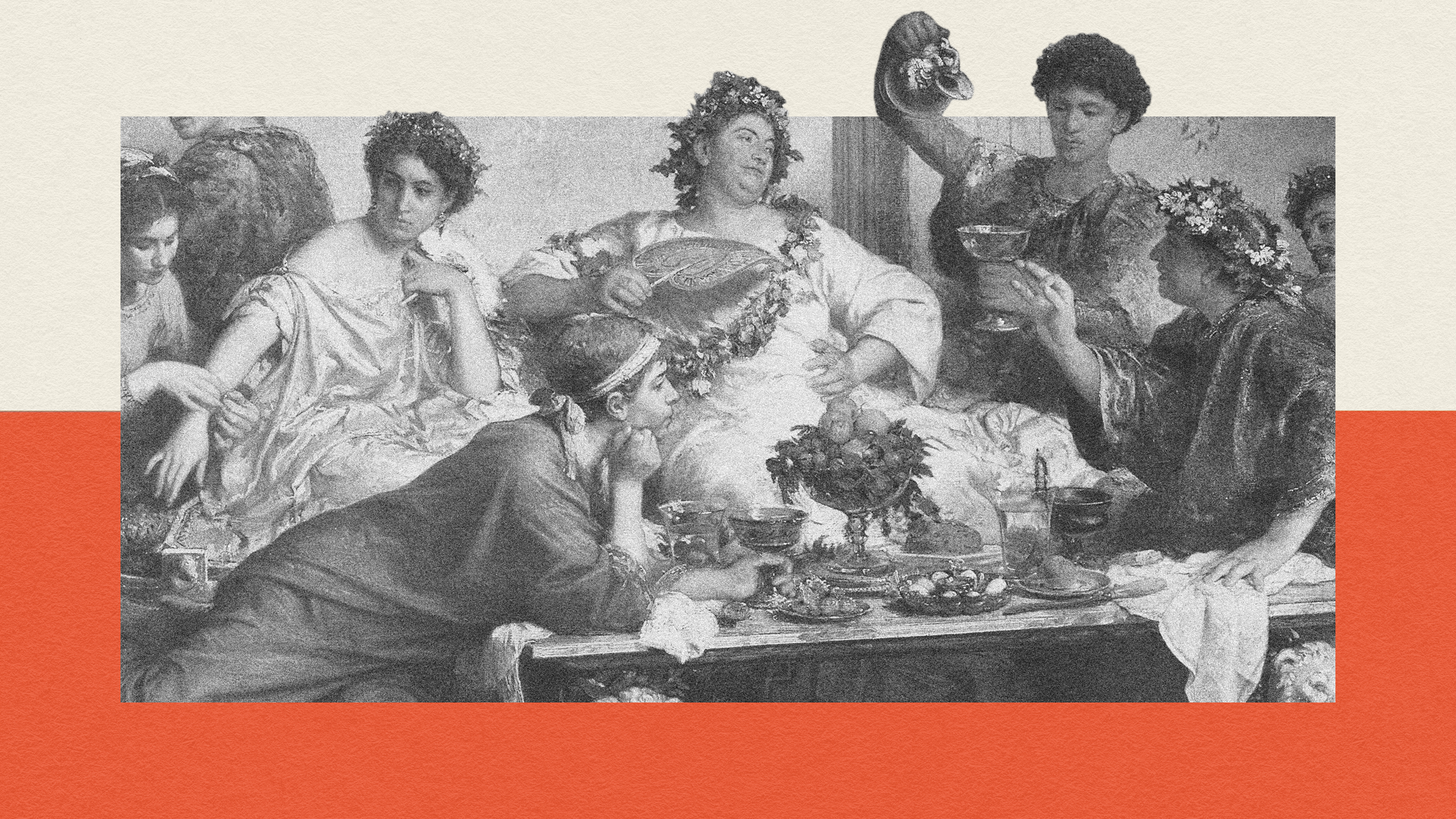Back when MLK Jr. was caricatured as a violent radical and the U.S. was plunging into Vietnam, cartoonist Jules Feiffer vented his anger with an editorial freedom that few publications would permit today.
Question: What has changed the most about U.S. politics in the time that you’ve been cartooning?
Jules Feiffer: Well, cartoons were very conservative. The country was very conservative. Although the liberals were allegedly in charge for a long time, there was a very acceptable balance what people would talk about in public. And I wanted to stretch those and move further out. And as the civil rights movement began, I started doing cartoons on that and on sit-ins and I was, along with Bill Mauldin, a great cartoonist out of World War II, arguably one of two white cartoonists doing this kind of work, Bill and me. And that was exciting to be able to comment on civil rights. I mean, the civil rights movement that young people don’t know about today, but Martin Luther King was considered by the establishment press in the early years of the sit-in movement as a dangerous man, and he was the equivalent at that time as Malcolm X. And he was told to stop his demonstrations; they were against the law and all of that. Now that he’s sainted and sanctified we’ve forgotten.
But I was doing cartoons and mocking white liberals, mocking the attitude of government who said to go slow, while intending to do absolutely nothing for black people, then called Negroes. And I had a lot of fun and I expressed a lot of anger. That was another thing that was important to know at that time. As I was emerging into more and more into politics that I was angry. I was enraged all the time. We were moving into Viet Nam and it was clear that the Kennedy Administration was turning its back on Eisenhower’s wisdom, having been a general and not going into Viet Nam. He kept us out. And Kennedy was moving in as he moved into Cuba with the Bay of Pigs. And all these things I thought were mistakes and I did cartoons on them. And then I think I was the first cartoonist in the country to attack the war in Viet Nam and that helped influence a whole generation of young cartoonists who later on took up the battle. And that was exciting to know that I had helped influence work of young people who were moving this forum into a better and more exciting area, out of the more by the state that political cartooning had been in.
The other cartoonist that should be mentioned at the time, beside Malden, doing brilliant work in these very areas I was working in, was Paul Conrad in the L.A. Times, who was extraordinary, and is to this day.
Question: How did the sexual revolution contribute to your work?
Jules Feiffer: I just happened to be around when the sexual revolution was happening. There was Playboy Magazine on the scene, and shortly after I had been to work in the Voice, I heard from Hugh Hefner, who asked me to start doing work for Playboy, and Hugh Hefner was the first one to pay me for my work because The Voice did not pay in those years. It thought that contributing space to people who wanted to say what they thought was all it could do, and that was quite enough for me because it was the only newspaper that didn’t tell you how to think and how to write and what form to write. All the other newspapers, all the other magazines basically guide you, including the words you used, including the style, including your personal voice. It rewrote that voice. And whether these were liberal publications or conservative publications, whether they were mainstream or slightly to the side of the mainstream; out of the mainstream, they all believed that they had the right to tell you how to stylize yourself. And from the New York Times to the much more left-winged nation. And The Voice said, no, whatever you want to. You drew whatever you want to, we’ll publish it. Nobody was doing that. Nobody does it today. The Voice is no longer that paper, and editorializing is now in the hands of editors, with few exceptions.
Recorded on February 22, 2010
Interviewed by Austin rnAllen





